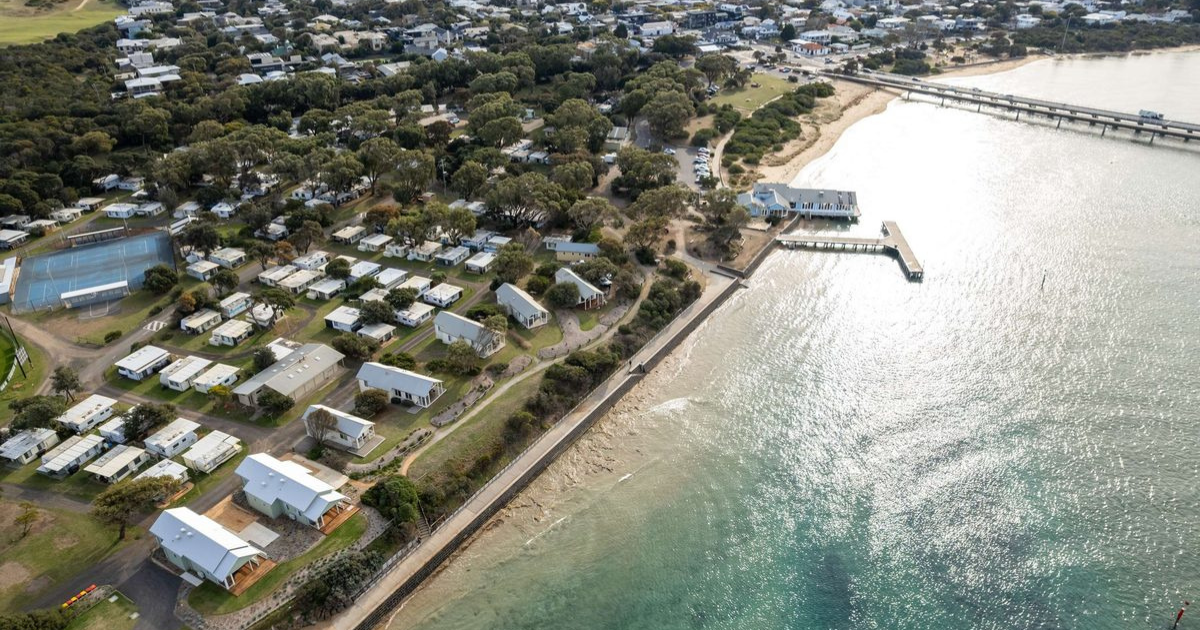Bee grant to optimise pollination practices

A $4.7-million-dollar grant aims to increase the productivity and profitability of pollinationdependent crops grown under protected cropping systems.
KEY crops will receive a pollination boost under a new research project that investigates novel technology and practices for optimising pollination in protected cropping environments.
The $4.7 million dollar grant, awarded under Round 4 of the Rural R&D for Profit program by the Department of Agriculture, aims to improve and advance innovative methods of mechanical pollination to achieve pollination artificially and increase insect pollinator efficacy and pollination by improving the performance of honeybees under covers.
Hort Innovation Research and Development Manager for Pollination, Ashley Zamek, said that this was a collaborative research project that brings lead researchers across Australia together with significant commercial growers, private industry groups, government and peak industry bodies to increase the uptake of knowledge to improve and sustain high yields in protected cropping systems that return high farm-gate profitability.
“Protected cropping covers over three million hectares of crops globally to increase the reliability or duration of production,” Ms Zamek said.
“In addition to protection from extreme weather, covers are also advantageous as they can prevent foreign pollen contamination that results in reduced yields or undesirable hybrids in seed production.
“This project aims to increase the productivity and profitability of pollination-dependent crops grown under protected cropping systems.
“We will use our scientific expertise and strong connections with industry partners to develop new mechanical pollination methods, improve plant reproduction and increase the effectiveness of insect vectors and pollination under covers.
“The methods developed will benefit all pollination-dependent cropping systems in the fruit and vegetable seed industries, including berries, apples, cherries, carrot and cauliflower, with a combined worth of over 2.4 billion per annum in Australia.
“This project expects these tools to enhance productivity and return on investment by approximately 2 per cent annually.”
Ms Zamek said the project will also build on knowledge and expertise gained across other relevant research programs already funded through the Hort Frontiers Pollination Fund and run by the project partners the University of Tasmania, University of New England, University of Adelaide, Plant and Food Research Australia, Seed Purity and the DPI.
Minister for Agriculture Bridget McKenzie said that the Liberal and National government’s Rural R&D for Profit program would help put cutting edge research and technology into the hands of farmers.
“Investing in pollination now is vital to securing Australia’s food supply in the future,” Minister McKenzie said.
“There is a strong link between R&D and agricultural productivity growth, the returns are far greater than the investment.”

















